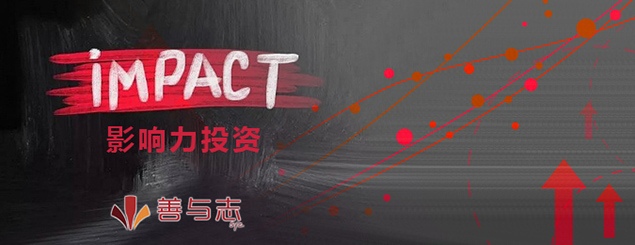
Partner Organization: Peking University’s Centre for Civil Society Studies
Project Duration: Jul 2016 – Dec 2020
Project Status: Going on
The concept of social enterprises originated from Europe during the 1990s. By using commercial methods to solve social problems, social enterprises have since challenged the definition of for-profit and not-for-profit organizations and blurred the lines between private interest and public welfare. The positive effects of social enterprises make it the most influential social innovation movement in the 21st Century. It is for this reason that China needs to study how social enterprises can help the vulnerable social groups that are marginalized by the free market. Implementing a certification system is an important means to achieve accelerated and systematic development of the sector. This is why the Beijing Yifang Foundation decided to collaborate with the Peking University’s Centre for Civil Society Studies for this research project. It aimed to draw on international experiences with social enterprise certification and apply the learning points to China. With the results of the study, the team prepared a set of social enterprise certification unique to China’s needs with the hope of promoting this concept and legalizing it as soon as possible.

Partner Organization: Foundation Research Centre of Minzu University of China
Project Duration: Jul 2016 - Jul 2017
Project Status: Completed
The Beijing Yifang Foundation collaborated with the Foundation Research Centre of Minzu University of China for this research project with the aim of developing a policy support system for the social enterprise sector in China by studying the existing policies in other countries. Across regions and countries like Europe, Asia, United States of America, Hong Kong, Taiwan and Macau, the project examined the rationale behind the policies implemented, as well as the function and role of the government at different stages of the sector development.
This project came at an opportune time in China, where challenges in the social and economic environment resulted in the creation of a “policy window”. According to the Multiple Streams Framework (MSF) created by American political scientist John W. Kingdon, a “policy window” is formed when preconditions – problem streams, policy streams and politics streams - are met. At such a time, there is potential for policy making to happen. Developing the social enterprise sector is hence viewed as a potential solution that could not only address social issues and also stimulate employment opportunities and economic growth.
• Monograph on Impact Investing

Partner Organization: Shanyuzhi team
Project Duration: Aug 2016 – Dec 2020
Project Status: Going on
The Shanyuzhi Foundation, together with the Beijing Yifang Foundation published China’s first monograph on impact investing. The monograph was written with the intention of raising awareness of impact investing in China. The published work not only talks about the ecosystem and main players of impact investing, but also provides in-depth analysis to policy recommendations which encourages government involvement.
Impact investing is not a new concept. It is highly valued in many countries. Former British Prime Minister David Cameron, former American Presidents Barack Obama and Bill Clinton actively advocated the use of impact investing in Africa and India to solve challenges in public infrastructure, agriculture and education. Social impact bonds have also emerged in the Americas, Europe and Asian markets. In China, former president of China Merchants Bank, current CPPCC member and dean of China Global Philanthropy Institute, Mr Ma Weihua had on two occasions proposed setting up social impact bonds in Shenzhen. In the private sector, Narada Foundation Secretary General, Mr Xu Yongguang, has been an early advocate. At the 2016 China Social Enterprise and Impact Investment Forum, which Mr Xu fiercely supported, impact investing was a topic of increasing interest. Despite only a small number of companies adopting this approach to investment, it is clear that impact investing is slowly gaining traction in both the public and private sector.

